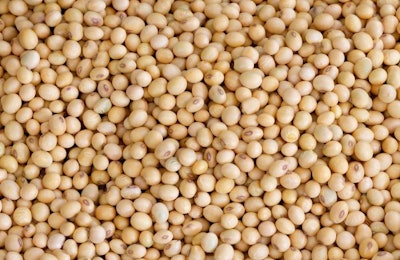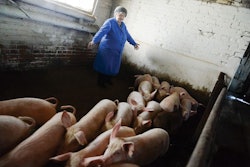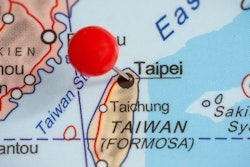
State-owned China Grain Reserves Group, also known as Sinograin, has signed contracts with several foreign companies to import soybeans from South America, according to reports.
Sinograin signed contracts and cooperative agreements with U.S.-based Cargill Inc., ADM Co. and Bunge Ltd.; France-based Louis Dreyfus Co.; and Japan-based Marubeni Corp.
Lu Xiaodong, deputy general manager of Sinograin, said in a report that the group is adapting to new and changing international trade conditions, amid the ongoing trade dispute between the U.S. and China. Sinograin said it would actively adjust its source for soybean imports and expand its dealings with South America.
The South American soybean imports will mainly come from Brazil, Argentina and Uruguay.
Historically, the U.S. is the largest exporter of soybeans to China, followed by Brazil and Argentina. But Brazil is in a good position to make up ground on the U.S. now that China has stopped buying soybeans from the U.S. and has increasingly turned to Brazil for its supply. Brazil’s increase in soy production sees it rivaling the U.S. for the world’s top soy producer.
As a result of shifting demand, Brazil reportedly is planting more acres with soybeans and fewer acres with sugar cane. One report said Brazil’s soybean acreage has increased by 2 million hectares in two years. China paid $20.3 billion last year for 53.8 million tons of Brazil’s soybeans, up from 22.8 tons in 2012.
In August, top agriculture ministry official in Argentina said the company plans to export substantial amounts of soymeal to China after the next harvest in May. If China goes through with its soymeal deal with Argentina, the country will have limited supplies available due to drought. However, it is expected that farmers will have to increase production in the next planting season to meet the demands of China.
The United States and China have been involved in a trade dispute for most of 2018. In April, China proposed a 25 percent levy on 106 U.S. product imports worth $50 billion, including many agricultural commodities such as soybeans.
















